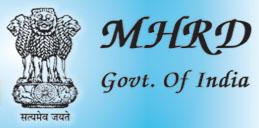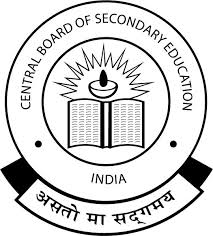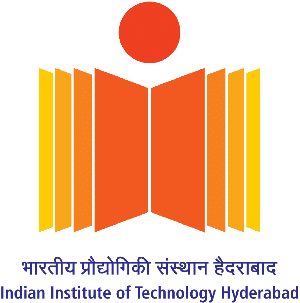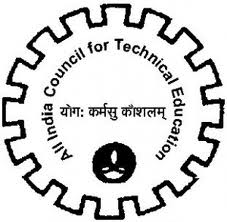AAT Academy has introduced new under graduate course in Product merchandising design and E-Comics and Graphic story-telling for the students who have that creative tick in them. Designers have a huge influence on the form, function and style of many of the objects we use in our daily lives.
Product Merchandising Design course begins by developing an appreciation for style and product quality, learning to communicate verbally and visually about design, and gain the business knowledge and skills required to promote an aesthetically grounded point of view in the marketplace. The program prepares the students to make merchandising and marketing decisions based on knowledge of visual/aesthetic and business considerations.
This programme encompasses elements from industrial design, graphic design, human psychology, sociology, and management domains. This course one can hone the skills in the essential mechanics of drawing, from figures, backgrounds, and perspectives, to inking, colouring, and working with different materials. Through the use of computers and other digital technology one will learn to produce and transform traditional works of drawing, painting, photography, sculpture and typography into digital renders.
Students of E-Comics and Graphic Storytelling will begin by learning the origin and evolution of the visual narrative form, while simultaneously learning its language and grammar. Draughtsmanship, craft skills and technical knowledge of a broad range of media is then taught, giving the student the flexibility to work on a variety of medium. They also study body language of characters, their gestures and facial expressions and natural phenomena.
Students will learn how to develop story structure, script stories, establish characters and visualise and interpret stories creating effective, intelligent and lyrical illustrations to highlight the mood, visual rhythm, lighting, background, costumes and architectural planning of scenes. Since the most common intent is for reproduction, the students also learn Digital Printing technologies, the various distribution means and the nuance of the working of the Publishing Business.
Talking about the benefits of the course, Rathish Babu, CEO, AAT Academy said, “At AAT, innovative courses have been the forte to keep ahead of times and to make careers which are inclusive within the realm of the media and entertainment industry. The product merchandise design and E-comics / Graphic story telling courses are the ones starting 2013. A carefully crafted, industry oriented but yet a detailed curriculum, this shall focus on content making and visual merchandise as the core focus. Preliminary talks with the industry have found great acceptance for employment as well co operation with academia in driving the content.”


























